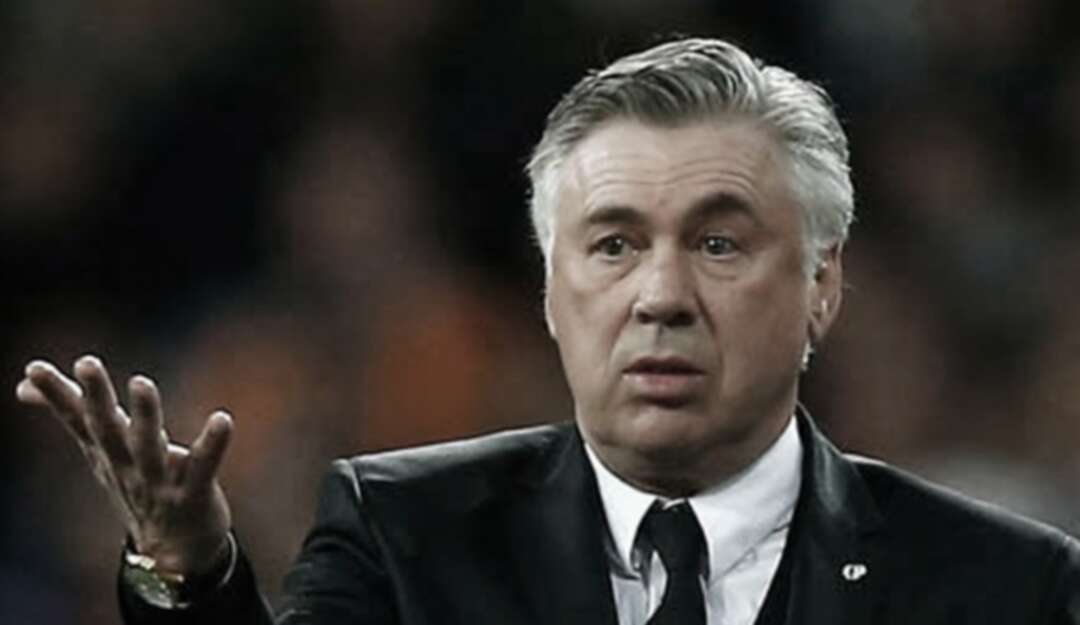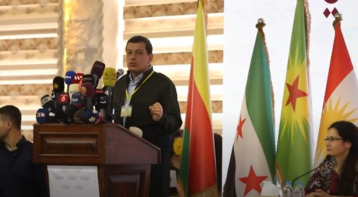-
Romania’s Iohannis wins second presidential term with rule of law pledge

Romania’s centrist President Klaus Iohannis won a presidential election runoff on Sunday as expected, crushing his socialist challenger with a pledge to resume judicial reforms slowed down by successive Social Democrat (PSD) governments.
Two separate exit polls showed Iohannis garnered 64 percent-67 percent of the vote, with former prime minister Viorica Dancila of the left-leaning PSD taking 33-36 percent.
“The winner today is modern Romania, European Romania, normal Romania,” Iohannis told reporters in his victory speech.
Under a succession of PSD governments, Romania, a European Union member state, has rolled back anti-corruption measures in recent years. Along with ex-communist peers Poland and Hungary, it has been heavily criticized by Brussels for its actions.
However, 60-year-old Iohannis has been credited by Western allies and the European Union with trying to protect the rule of law, in particular by challenging attempts to limit judges’ independence.
The president’s powers are mostly limited to nominating a prime minister based on who can command a majority, challenging laws in the Constitutional Court, and appointing some chief prosecutors.
Iohannis is expected to install anti-graft and anti-mafia prosecutors who are serious about tackling endemic corruption with the backing of Prime Minister Ludovic Orban, who became head of a liberal minority government by winning a parliamentary vote of confidence three weeks ago.
Teacher Andreea Mihai, 50, said “things should slowly return to normality. Both Orban and Iohannis will work together in the same direction.”
Dancila’s PSD had increased the burden of proof in corruption cases, reorganized panels of judges and set up a special unit to investigate magistrates for potential abuses, a move widely seen as an instrument of political coercion.
Romania’s judicial reforms have been monitored by Brussels since it joined the EU in 2007; in October, Brussels said the reforms were going backward.
Iohannis, a soft-spoken ethnic German and former mayor of Sibiu, became president in 2014.
He helped to secure popular approval in a referendum last May that called for the government to be banned from altering legislation by emergency decrees and advocated a ban on amnesties and pardons for graft-related crimes.
Data from Romania’s election commission, which is expected to announce partial official results on Monday, showed a turnout of about 50 percent, with a record 920,000 voters from the country’s diaspora taking part.
source: Reuters
You May Also Like
Popular Posts
Caricature
BENEFIT Sponsors BuildHer...
- April 23, 2025
BENEFIT, the Kingdom’s innovator and leading company in Fintech and electronic financial transactions service, has sponsored the BuildHer CityHack 2025 Hackathon, a two-day event spearheaded by the College of Engineering and Technology at the Royal University for Women (RUW).
Aimed at secondary school students, the event brought together a distinguished group of academic professionals and technology experts to mentor and inspire young participants.
More than 100 high school students from across the Kingdom of Bahrain took part in the hackathon, which featured an intensive programme of training workshops and hands-on sessions. These activities were tailored to enhance participants’ critical thinking, collaborative problem-solving, and team-building capabilities, while also encouraging the development of practical and sustainable solutions to contemporary challenges using modern technological tools.
BENEFIT’s Chief Executive Mr. Abdulwahed AlJanahi, commented: “Our support for this educational hackathon reflects our long-term strategic vision to nurture the talents of emerging national youth and empower the next generation of accomplished female leaders in technology. By fostering creativity and innovation, we aim to contribute meaningfully to Bahrain’s comprehensive development goals and align with the aspirations outlined in the Kingdom’s Vision 2030—an ambition in which BENEFIT plays a central role.”
Professor Riyadh Yousif Hamzah, President of the Royal University for Women, commented: “This initiative reflects our commitment to advancing women in STEM fields. We're cultivating a generation of creative, solution-driven female leaders who will drive national development. Our partnership with BENEFIT exemplifies the powerful synergy between academia and private sector in supporting educational innovation.”
Hanan Abdulla Hasan, Senior Manager, PR & Communication at BENEFIT, said: “We are honoured to collaborate with RUW in supporting this remarkable technology-focused event. It highlights our commitment to social responsibility, and our ongoing efforts to enhance the digital and innovation capabilities of young Bahraini women and foster their ability to harness technological tools in the service of a smarter, more sustainable future.”
For his part, Dr. Humam ElAgha, Acting Dean of the College of Engineering and Technology at the University, said: “BuildHer CityHack 2025 embodies our hands-on approach to education. By tackling real-world problems through creative thinking and sustainable solutions, we're preparing women to thrive in the knowledge economy – a cornerstone of the University's vision.”
opinion
Report
ads
Newsletter
Subscribe to our mailing list to get the new updates!






















